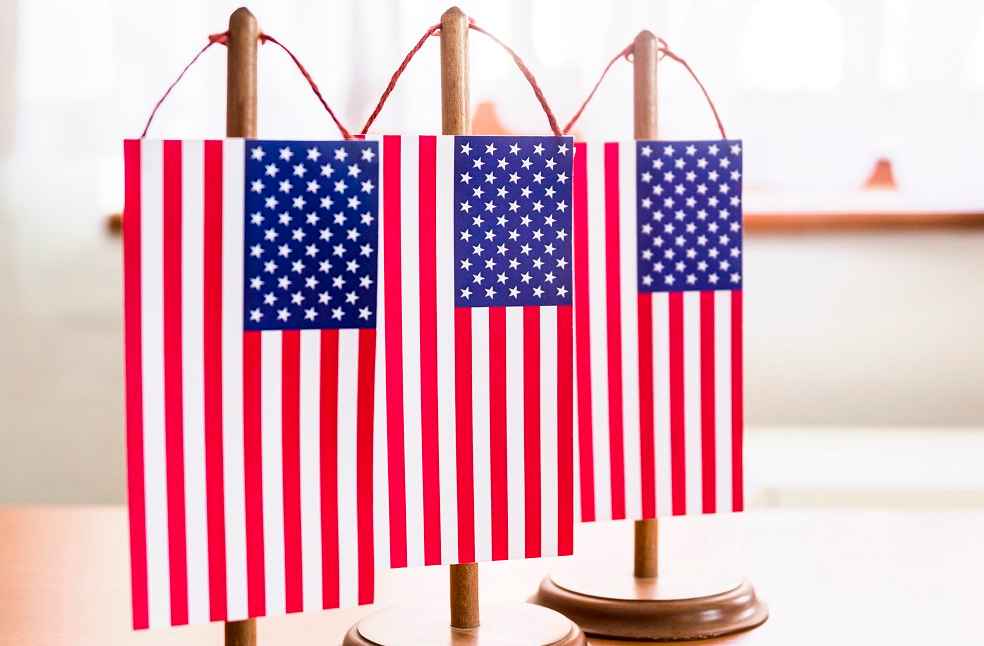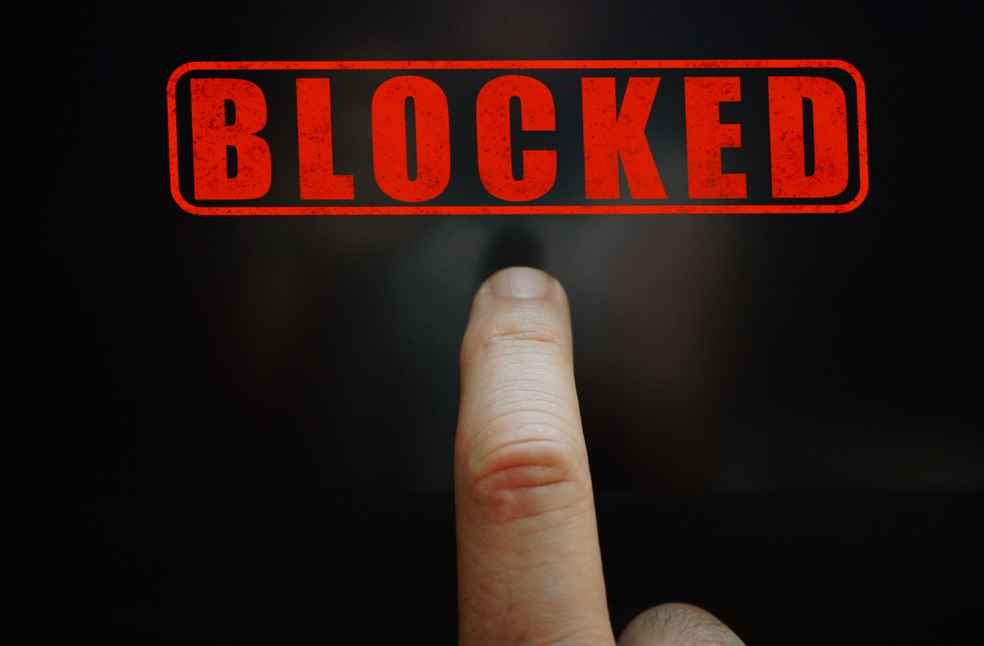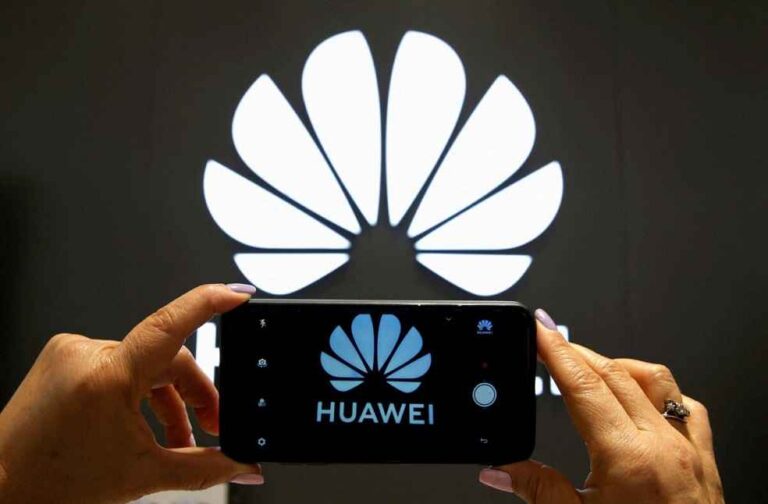The revocation, disclosed in a document by the Commerce Department, highlights the intensifying scrutiny on Huawei, which has been under sanctions since 2019. The document, prepared in response to an inquiry by Republican Congressman Michael McCaul, detailed the department’s actions to further restrict Huawei’s operations.
In May, licenses enabling firms like Intel and Qualcomm to supply chips for laptops and handsets to Huawei were revoked. This came shortly after Huawei launched its MateBook X Pro, the first AI-powered laptop featuring an Intel-made chip, sparking concern among US lawmakers.
Political and Industry Impact
The unveiling of the MateBook X Pro, alongside the Mate 60 phones powered by a 7nm chip from Semiconductor Manufacturing International Corporation (SMIC), has raised alarms in Washington. These developments have intensified the debate over the Biden administration’s approach to allowing certain US technologies to be exported to Huawei.

The release of the Mate 60 phones, coinciding with Commerce Secretary Gina Raimondo’s visit to Beijing, underscored the challenges the US faces in enforcing export restrictions. Despite these sanctions, Huawei’s smartphone sales surged by 64% year-on-year in early 2024, supported by its smart car component business.
Historical Context
Huawei was added to the US trade restriction list in 2019 over espionage concerns. Being on this list requires suppliers to obtain special licenses, which have historically been difficult to secure. However, a policy introduced during the Trump administration allowed for broader approvals, facilitating significant sales to Huawei.
From 2018 to 2023, the Commerce Department approved $335 billion worth of licenses out of $880 billion in applications to sell to Chinese entities on the restriction list. In Biden’s first year in office, $222 billion worth of licenses were approved from $560 billion in applications, indicating substantial trade activity despite the restrictions.
The Curb

The US Commerce Department’s recent revocation of export licenses to Huawei signals a continued effort to curb China’s technological advancements. As Huawei strives to recover and innovate, the interplay between US policy and Chinese technology development will remain a critical area of focus in international trade and security.
EDITOR’S CHOICE | Global Textile Chemicals Market on a Bull Run to USD 37.58bn



